The Geographic Literacy Enhancement Provided by World Map Quizzes
Related Articles: The Geographic Literacy Enhancement Provided by World Map Quizzes
Introduction
In this auspicious occasion, we are delighted to delve into the intriguing topic related to The Geographic Literacy Enhancement Provided by World Map Quizzes. Let’s weave interesting information and offer fresh perspectives to the readers.
Table of Content
The Geographic Literacy Enhancement Provided by World Map Quizzes
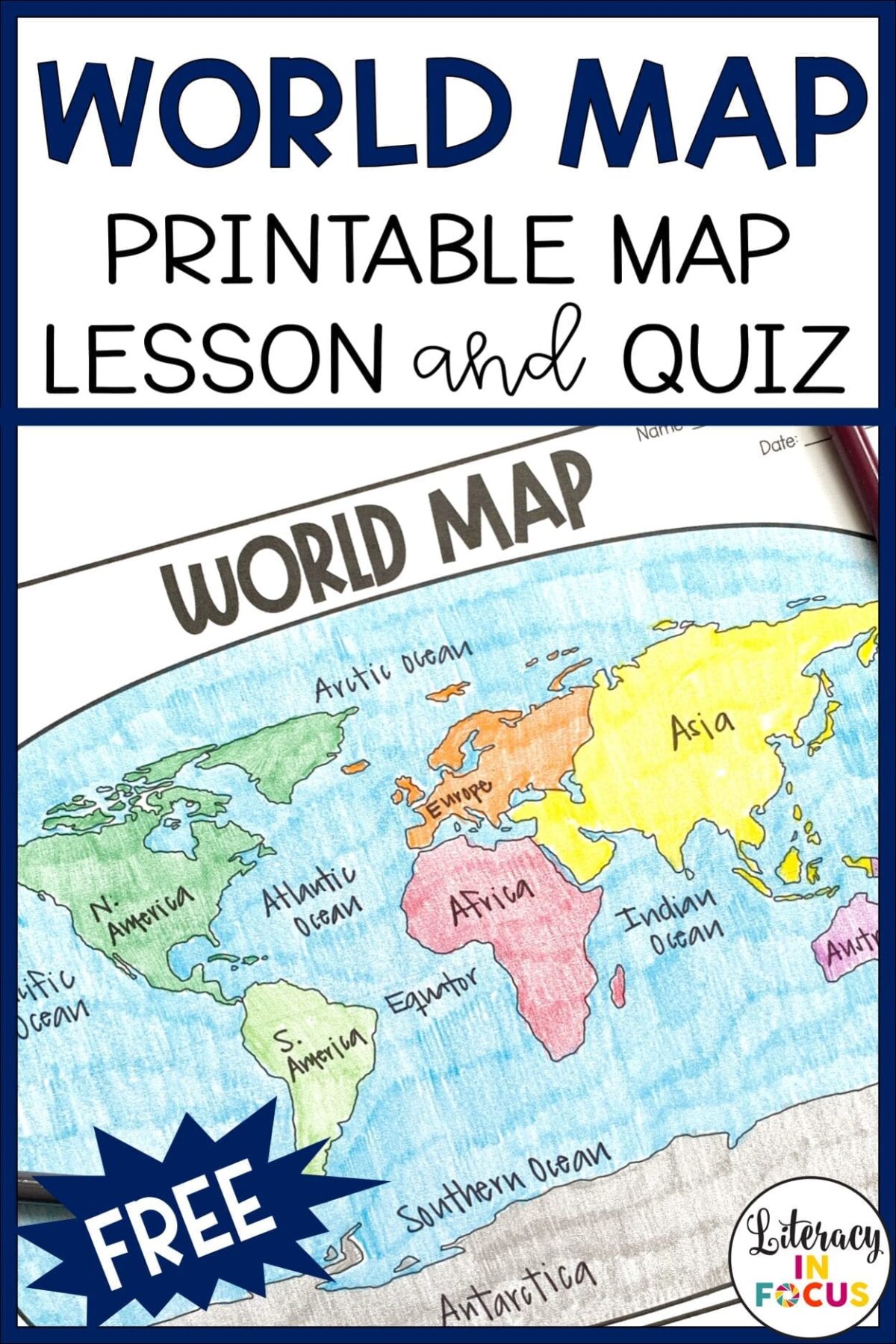
World map quizzes represent a valuable tool for enhancing geographic literacy. These interactive exercises challenge individuals to identify countries based on their location on a map, fostering a deeper understanding of global geography. The benefits extend beyond simple memorization, contributing to broader cognitive development and improved spatial reasoning skills.
Understanding the Methodology
These quizzes typically present a blank world map or a map with partially obscured country borders. Participants are then tasked with correctly identifying specific countries by placing their names on the map or selecting them from a list of options. The difficulty can vary significantly, ranging from simple quizzes focusing on major countries to more complex versions incorporating smaller nations, island states, and territories. Some quizzes incorporate time limits, adding an element of pressure and further testing recall speed. The visual nature of the activity makes it particularly engaging and effective for diverse learning styles.
Cognitive Benefits and Educational Applications
The process of completing these exercises engages multiple cognitive functions. Memory is obviously crucial, requiring participants to recall the location of numerous countries. However, it also necessitates spatial reasoning, demanding the ability to mentally manipulate and interpret geographical information. Visual-spatial skills are paramount in accurately identifying and placing countries within their correct geographic contexts. These quizzes, therefore, contribute to the development of a range of cognitive abilities that extend beyond simple geographical knowledge.
Educational institutions increasingly recognize the value of these tools. They are incorporated into curricula at various levels, from primary school to higher education, to supplement traditional geography instruction. Their interactive nature makes them a valuable addition to classroom learning, offering a dynamic alternative to textbook study. Furthermore, they provide educators with immediate feedback on student understanding, allowing for targeted instruction and remedial work where necessary. The accessibility of online versions further expands their reach, providing a convenient and flexible learning resource.
Beyond Memorization: Fostering a Deeper Understanding of Global Interconnections
While memorization plays a role, the true value lies in the broader understanding of global interconnections that these exercises promote. By visually placing countries on a map, participants gain a better appreciation for geographical relationships, such as proximity, size, and regional groupings. This understanding forms the foundation for a more nuanced comprehension of geopolitical issues, trade routes, cultural exchanges, and environmental challenges. The visualization of geographical data fosters a deeper understanding that extends far beyond simple rote learning.
Types and Variations of Map Quizzes
Several variations exist, each designed to target specific learning objectives. Some focus exclusively on identifying countries, while others might incorporate questions about capitals, borders, or geographical features. Certain quizzes might concentrate on specific regions, such as Europe, Asia, or Africa, allowing for a more focused approach to learning. The use of different map projections also influences the difficulty and the perspective offered. For example, a Mercator projection, while commonly used, can distort the relative sizes of countries, especially those near the poles. The choice of map projection should be considered carefully, particularly when aiming for a precise understanding of relative land areas.
Frequently Asked Questions
-
What is the best way to prepare for a world map quiz? Systematic study using a physical world map and flashcards is recommended. Focus on learning countries in regional groups, and regularly review previously learned material.
-
Are there any resources available to help with practicing? Numerous online resources offer interactive map quizzes of varying difficulty levels. Many educational websites and applications provide practice quizzes and learning materials.
-
How can I improve my score on these quizzes? Consistent practice and focused learning are key. Try using different learning techniques, such as mnemonic devices or creating your own quizzes.
-
Are these quizzes suitable for all age groups? Yes, versions exist for various age groups and skill levels, from simple quizzes for younger learners to more challenging ones for adults.
-
What are the limitations of using map quizzes alone for learning geography? These quizzes primarily assess recognition and recall. They should be supplemented with broader geographical study that encompasses historical context, political systems, and cultural aspects.
Tips for Effective Learning
-
Start with a broad overview: Begin by familiarizing yourself with the major continents and their general locations.
-
Focus on regions: Learn countries in regional groupings, rather than trying to memorize them all at once.
-
Use visual aids: Employ flashcards, maps, and online resources to reinforce learning.
-
Regular practice: Consistent review and practice are crucial for long-term retention.
-
Incorporate active recall: Test your knowledge regularly by attempting quizzes without referring to your notes.
-
Utilize different learning techniques: Explore various methods, including mnemonic devices and mind mapping, to cater to diverse learning styles.
Conclusion
World map quizzes represent a valuable pedagogical tool, effectively enhancing geographical literacy and fostering broader cognitive development. Their interactive nature and adaptability make them suitable for diverse learning environments and age groups. While memorization is a component, the true benefit lies in the development of spatial reasoning skills and a deeper appreciation for global interconnections. These quizzes should be considered as one element within a broader approach to geographical education, complementing other learning methods and contributing to a more comprehensive understanding of our world. Their effectiveness relies on consistent practice, strategic learning techniques, and integration with other geographical learning resources.

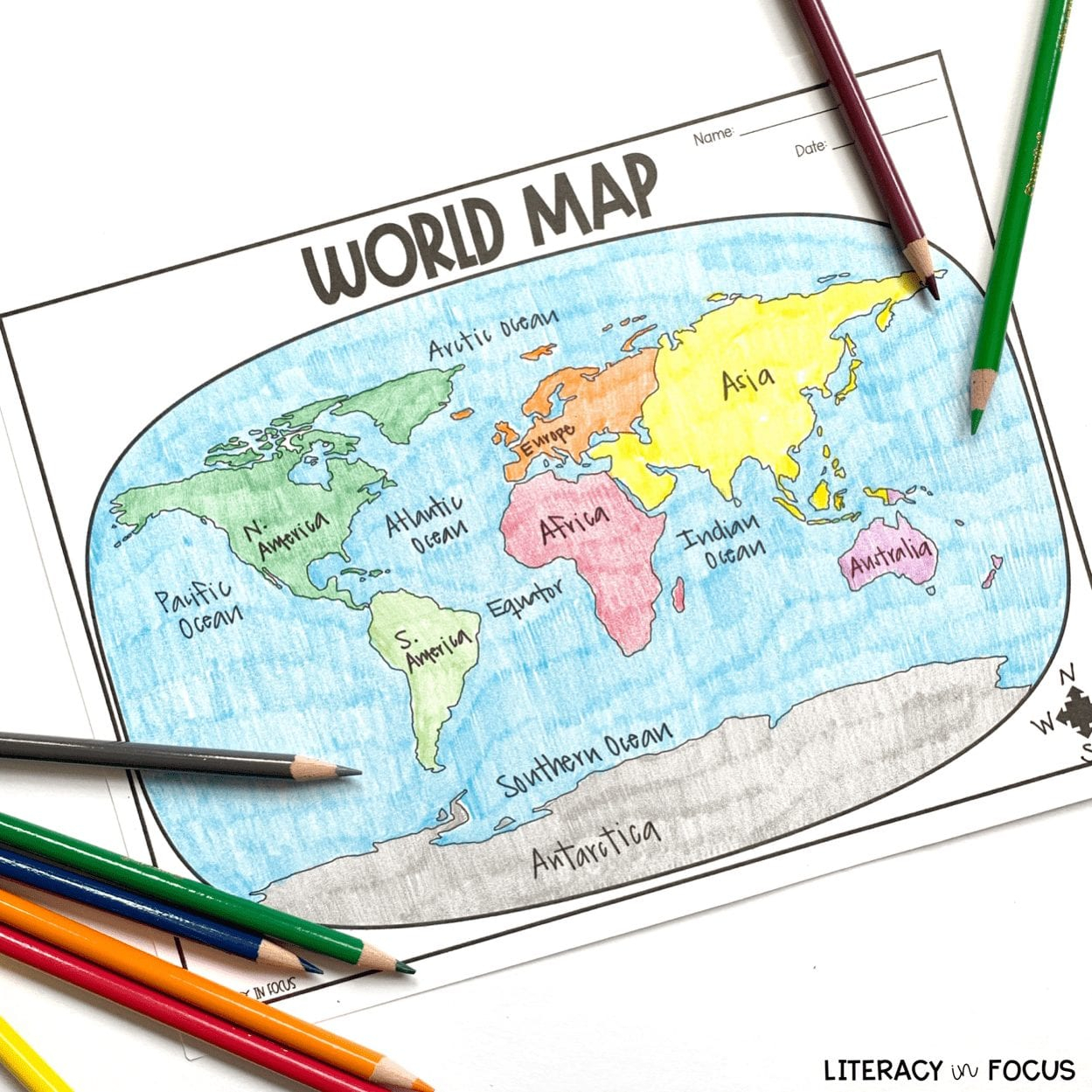
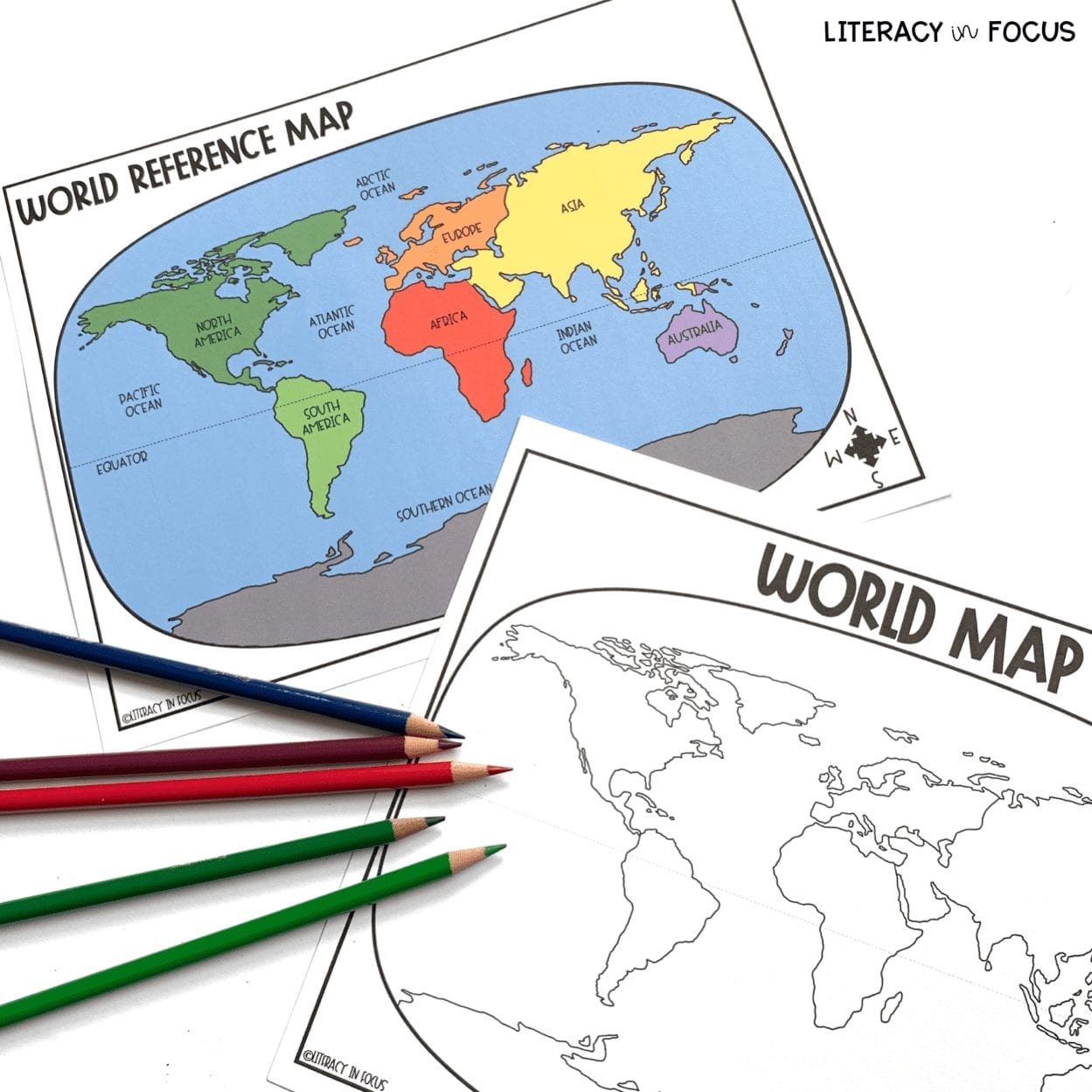



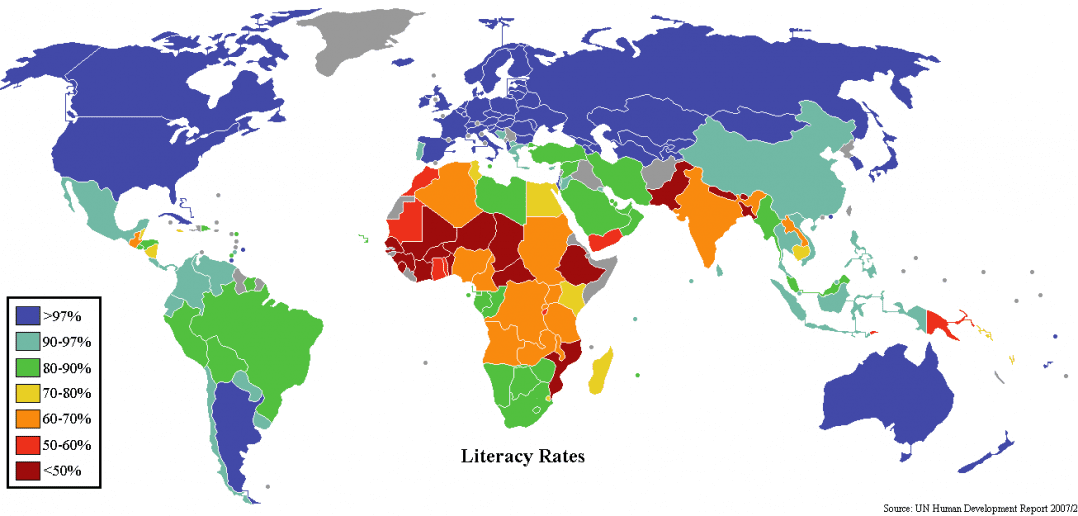
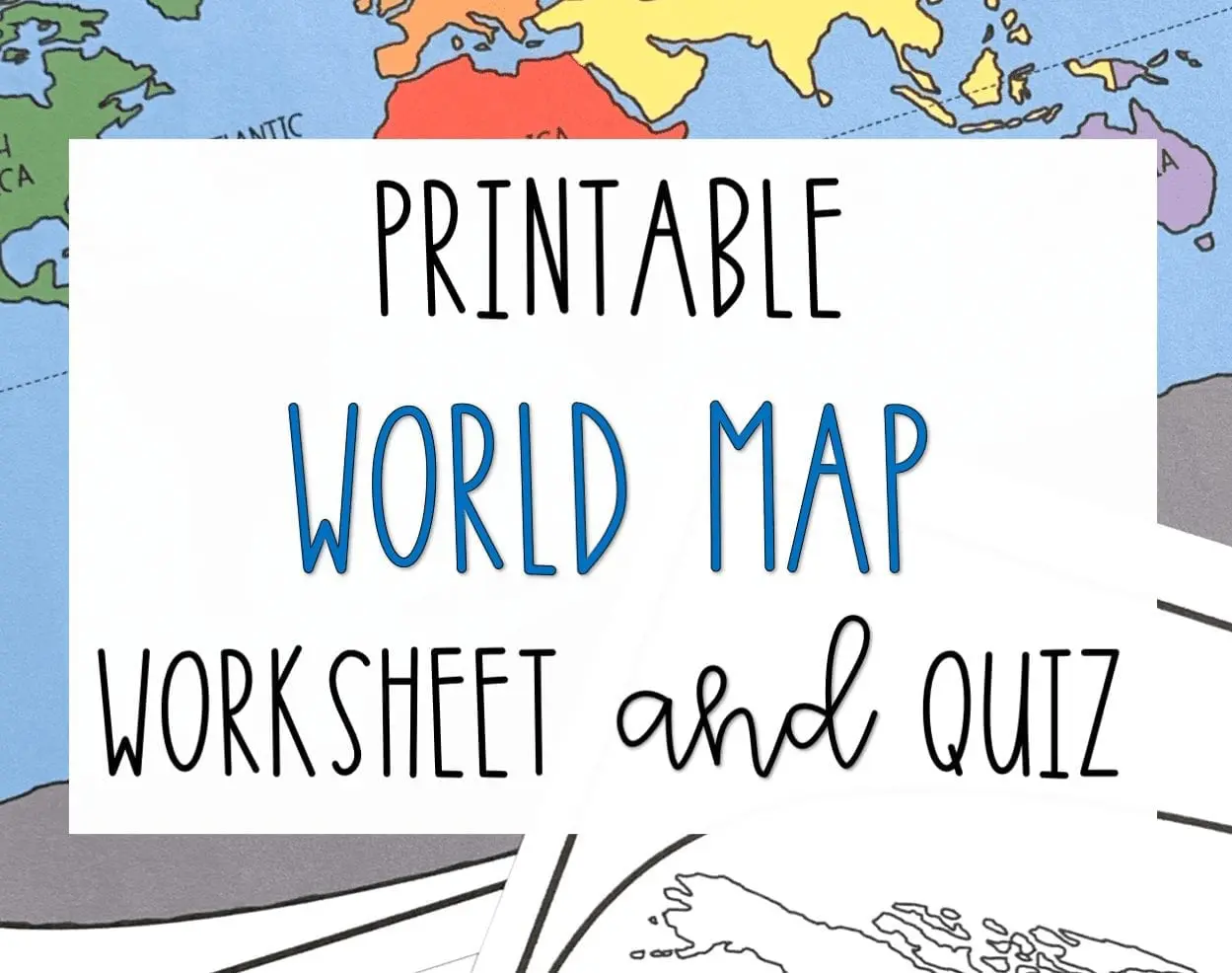
Closure
Thus, we hope this article has provided valuable insights into The Geographic Literacy Enhancement Provided by World Map Quizzes. We appreciate your attention to our article. See you in our next article!